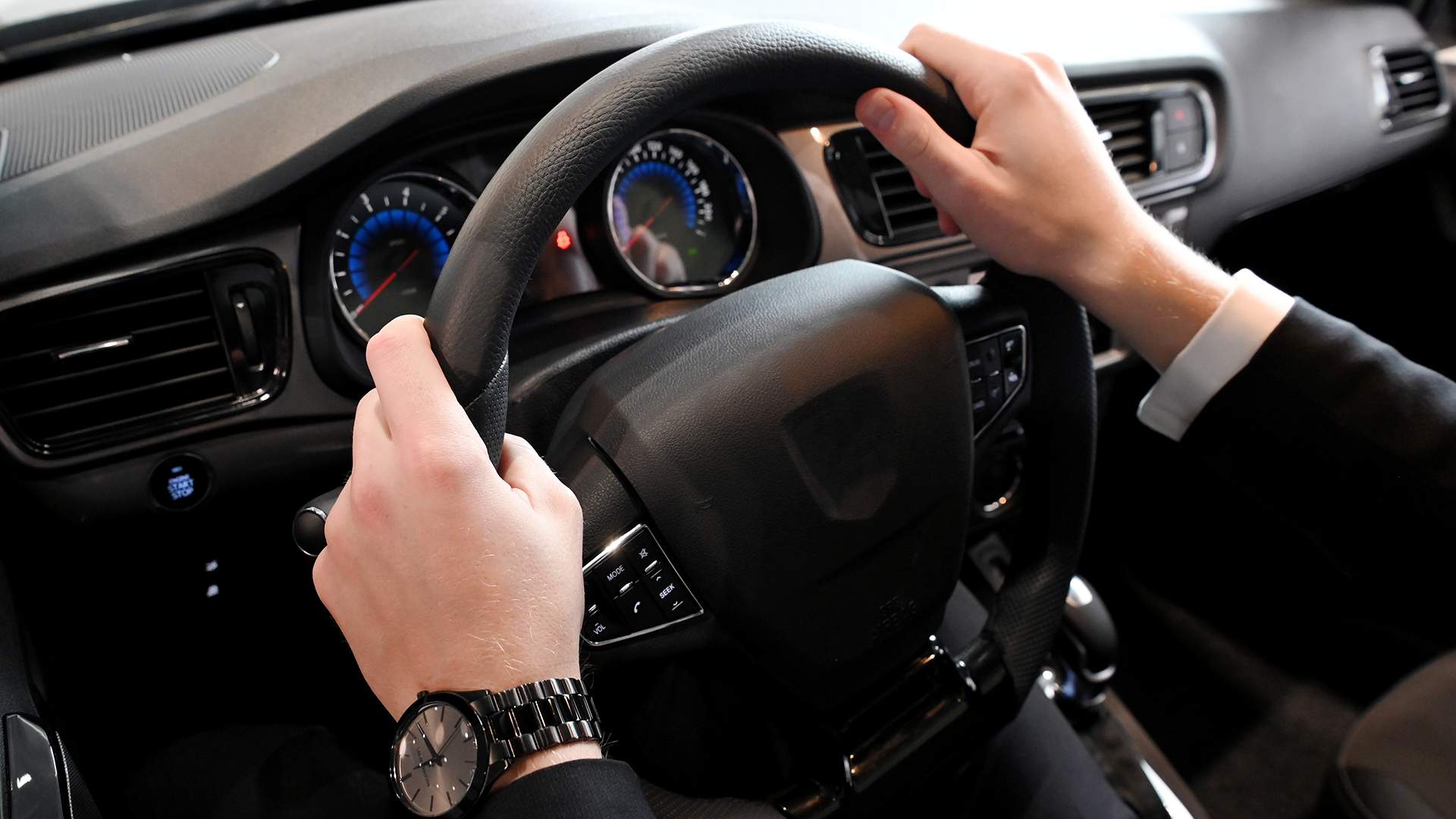Judicial maneuver: an obstacle on the road is not a reason to drive on the wrong side

An obstacle on the road is not a reason for relieving the driver of responsibility for driving into the oncoming lane. This is the conclusion reached by the Supreme Court of the Russian Federation. A motorist should correctly assess the road situation when performing maneuvers, lawyers and experts say. Details can be found in the Izvestia article.
Couldn't come back
In March last year, in the Penza region, traffic police officers recorded how a driver, while overtaking, drove into the oncoming lane in the area of markings prohibiting such a maneuver. As it turned out, the motorist had previously been brought to administrative responsibility for the same offense and was fined 5,000 rubles. Therefore, a case was initiated against him under Part 5 of Article 12.15 of the Administrative Code of the Russian Federation for re—entering the oncoming lane. The case materials were transferred to the court at the place of residence of the motorist.
In June last year, the magistrate of the Oktyabrsky district of Kirov found the motorist guilty and deprived him of his license for a year. The driver tried to challenge this decision in the Sixth Court of Cassation of General Jurisdiction. He claimed that this offense was committed in conditions of extreme necessity — he was allegedly forced to drive in the oncoming lane because another car prevented him from returning to his lane. On the basis of Article 2.7 of the Administrative Code of the Russian Federation "Extreme necessity", he demanded to terminate the proceedings in the administrative case and cancel the earlier court decision. However, the cassation instance upheld the verdict of the world court. Therefore, the driver has already filed a complaint with the Supreme Court (Supreme Court of the Russian Federation).
Overestimated the possibilities
After reviewing the case file, the judge of the Supreme Court concluded that the circumstances of this offense had been "comprehensively, fully, objectively and timely clarified" by the lower authorities.
"The circumstances referred to by Ifanov (surname changed. — Izvestia) in the complaint, they do not indicate that he acted in a state of extreme necessity, but indicate an incorrect assessment of the traffic situation. No grounds have been established for the release of the named person from administrative responsibility in accordance with Article 2.7 of the Administrative Code of the Russian Federation," the resolution of the Supreme Court of the Russian Federation says.
As a result, the Supreme Court pointed out that "judicial acts do not raise doubts about their legality, they are correct, and there are no grounds for their amendment or cancellation." Thus, the Supreme Court of the Russian Federation upheld the decisions of the lower authorities and refused to satisfy the motorist's complaint.
I'm not sure — don't overtake!
The concept of "extreme necessity" is evaluative and is studied in detail by judges on a case-by-case basis, taking into account all the nuances and circumstances of the incident, said Sergey Radko, a lawyer for the Freedom of Choice movement. If three instances, including the Supreme Court, did not consider that the driver acted in conditions of extreme necessity, then he failed to provide sufficient evidence confirming that he was forced to drive in the opposite lane, the lawyer added.
— To prove that certain actions were caused by extreme necessity, it is not enough just to declare it. This requires providing strong evidence and arguments: witness statements, video recordings, etc. In addition, the traffic regulations clearly state that before overtaking, the driver must ensure that the lane is clear enough to perform this maneuver, and that after overtaking, he will be able to return to his lane without creating a traffic jam. danger and interference for other road users," Sergei Radko reminded Izvestia.
Thus, the Supreme Court made the right decision, pointing out that the driver in this situation was not in a state of extreme necessity, but he himself incorrectly assessed the current traffic situation, the lawyer noted. Having seen that he would not be able to safely complete the maneuver in the area where overtaking is allowed, the motorist should have abandoned it in advance, he stressed.
Shift responsibility
Statements by a motorist about an emergency are nothing more than an attempt to avoid responsibility and even shift it to another driver, who allegedly prevented him from overtaking in a timely manner, said Igor Morzharetto, a member of the presidium of the public council under the Ministry of Internal Affairs of the Russian Federation. By rejecting his complaint, the Supreme Court made the right decision, the expert believes.
— Overtaking is perhaps the most dangerous maneuver that can potentially lead to an accident with the most serious consequences. It requires maximum concentration from the driver and an early calculation of all possible scenarios. In this situation, the motorist, apparently, did not show due diligence and caution, did not take into account all the consequences of his maneuver. As a result, the driver was punished for his act in accordance with the requirements of the law," Igor Morzharetto told Izvestia.
A member of the presidium of the Public Council under the Ministry of Internal Affairs of the Russian Federation also drew attention to the fact that, according to the case file, this was not Ifanov's first similar violation. The motorist's previous "sins" indicate his attitude to traffic regulations and may serve as additional evidence that, hiding behind arguments of "extreme necessity," the driver was trying to avoid responsibility, Igor Morzharetto believes.
Переведено сервисом «Яндекс Переводчик»






